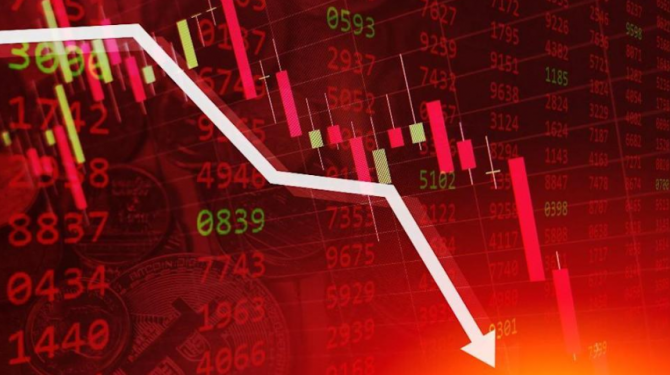
In preparing for this week’s update, I was considering rehashing an older piece I’d written a few years back. Why not? All the big ideas in investing are timeless and as relevant today as when they were first conceived.
(More to the point, I was running desperately short on time and — as usual — was struggling to think of something original to say.)
Wall Street columnist Jason Zweig once said that “My job is to write the exact same thing between 50 and 100 times a year in such a way that neither my editors nor my readers will ever think I am repeating myself.”
The reason, as Zweig says, is that although markets are forever changing, good advice rarely does. He continues:
..while people need good advice, what they want is advice that sounds good. The advice that sounds the best in the short run is always the most dangerous in the long run. Everyone wants the secret, the key, the roadmap to the primrose path that leads to El Dorado: the magical low-risk, high-return investment that can double your money in no time. Everyone wants to chase the returns of whatever has been hottest and to shun whatever has gone cold. Most financial journalism, like most of Wall Street itself, is dedicated to a basic principle of marketing: When the ducks quack, feed ‘em.
| Sadly, that will forever be true. But be that as it may, I still think it’s worth sticking to the big, important and timeless ideas. Even if they are familiar to readers. Even, perhaps, if they are tiring to some readers! Reiterating the important concepts helps us stay on track, and avoid the distraction of the day-to-day market noise.As a fiend used to say, no matter how well you shave, you still need to do it again the next day.What was interesting, though, is that while I was going through some of that ‘evergreen’ stuff, I also came across a bunch of old articles that were about the big stories of the day. Reading these pieces I was reminded of just how much ‘big’ news there’s been in the past decade. For instance, the dollar surpassing parity with the greenback. The threat of the breakdown of the European Union and ‘Grexit’. The end of the mining boom. Negative real interest rates. And much, much more besides. None of these were unimportant happenings. In fact, they were all legitimately a big deal, with the potential for major real-world ructions. Some are still playing out, of course. But it also led to an important observation; that although they captured the market’s attention, and resulted in some big swings in prices, much of them have been long forgotten and never had any lasting impact. The news itself, and the learned interpretions and prognostications from experts at the time tended to date very poorly. Reading a lot of it now, you get a real sense of just how inconsequential much of it was. Far more financial loss was likely incurred by investors trying to avoid the expected turmoil, instead of just weathering the volatility of the day. Now, to be clear, I’m not suggesting for an instant that investors should ignore the broader economic climate. Macro issues are important, and it’s wise to pay them heed. But at the same time, if you jump at every shadow you’ll likely do yourself a big disservice. Moreover, those timeless investment principle tend to be true — and relevant — whatever the market clime. They’ll almost always supersede whatever issues of the day the market pundits are squawking about. So as you read the current financial news, ask yourself this: how much of it will be seen as relevant or important in even 12 months time? I suspect very little. |










